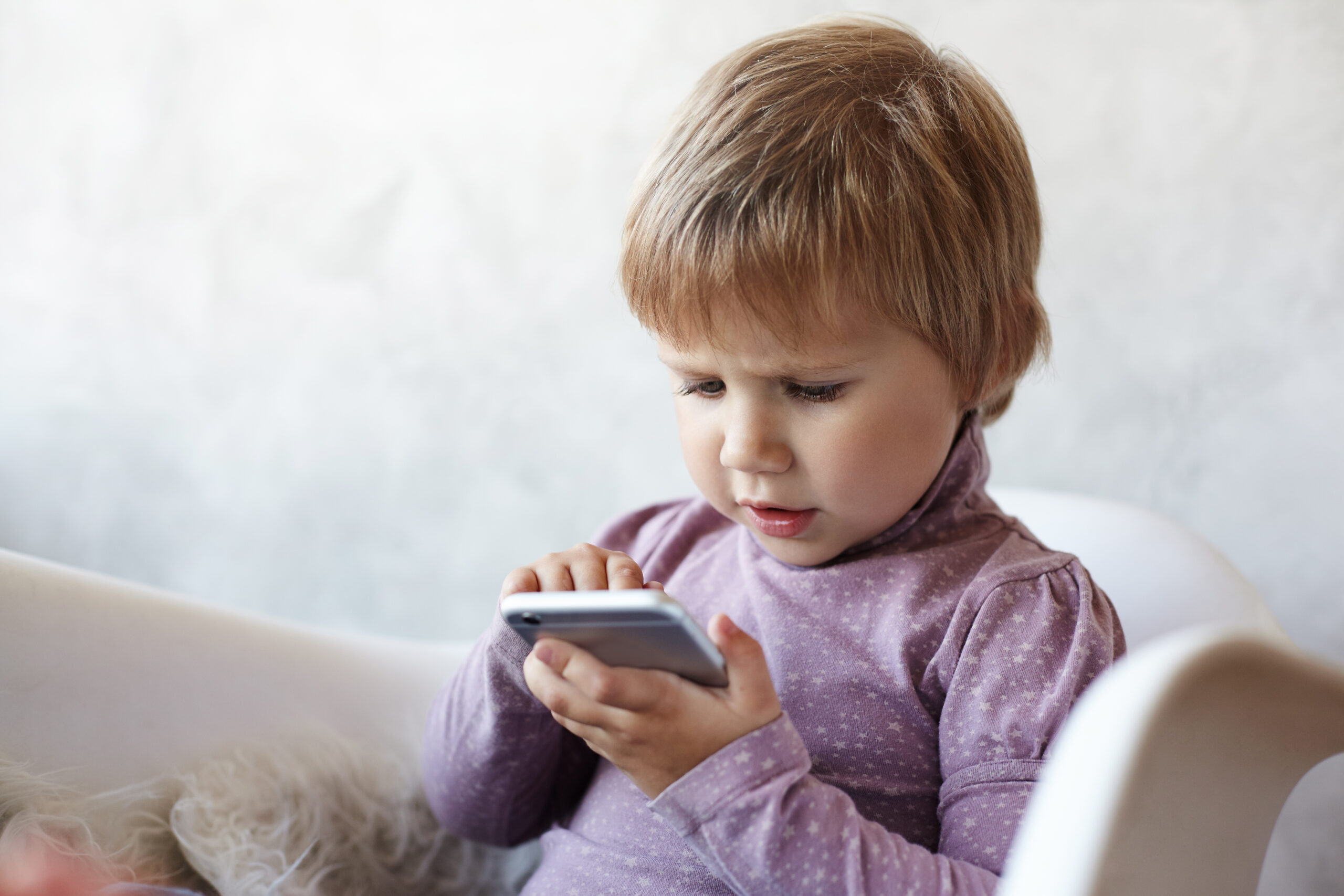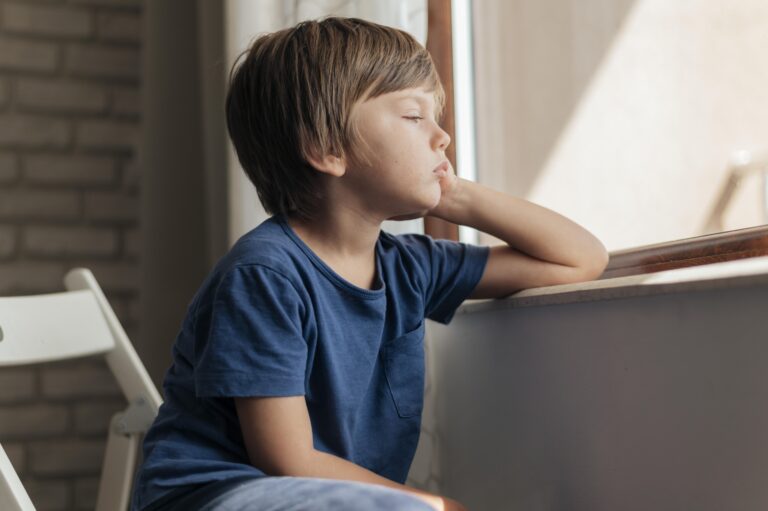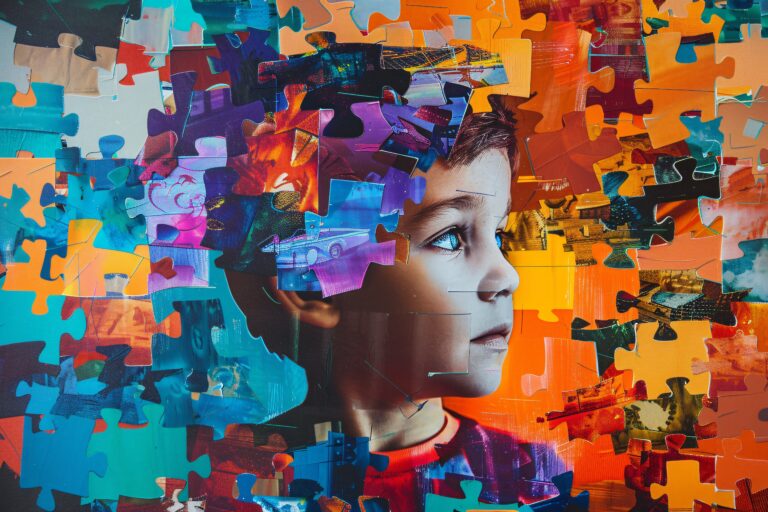In today’s digital world, children often come across things online they weren’t looking for which can sometimes be frightening, violent, or disturbing. Recent events such as the murder of Iryna Zarutska, a Ukranian young woman on a tram and political violence such as Charlie Kirk’s death have been widely shared, often with graphic imagery or sensational headlines.
Research shows that even brief exposure to violent or upsetting material can affect children’s emotions and behaviour. They may feel anxious, have nightmares, or become desensitised. Teenagers are particularly vulnerable as their brains are still developing and they process risk and danger differently from adults. The most powerful protective factor is parental guidance; talking openly and helping children make sense of what they see.
What can parents do? (NSPCC-aligned):
- Start the Conversation: Ask what they’ve seen, how it made them feel, and reassure them they can talk to you anytime.
- Stay Calm: Avoid anger or blame so they won’t be afraid to tell you next time.
- Reassure and Support: Validate feelings. “It’s normal to feel scared or upset.”
- Use Controls and Settings: Set age-appropriate filters, restrict sensitive content, and co-view for younger children.
- Teach Media Literacy: Help older children think critically — is this real, manipulated, or designed to shock?
- Encourage Healthy Boundaries: Promote screen-free times, breaks from upsetting feeds, and no late-night doomscrolling.
- Report and Block: Show them how to report harmful posts and unfollow disturbing accounts.
- Seek Extra Help if Needed: Contact the school pastoral team if distress continues.
By staying engaged, setting healthy boundaries, and creating a safe space to talk, we can help children navigate the online world with confidence and emotional safety.
Ms Misiel Kkeli, School Counsellor



